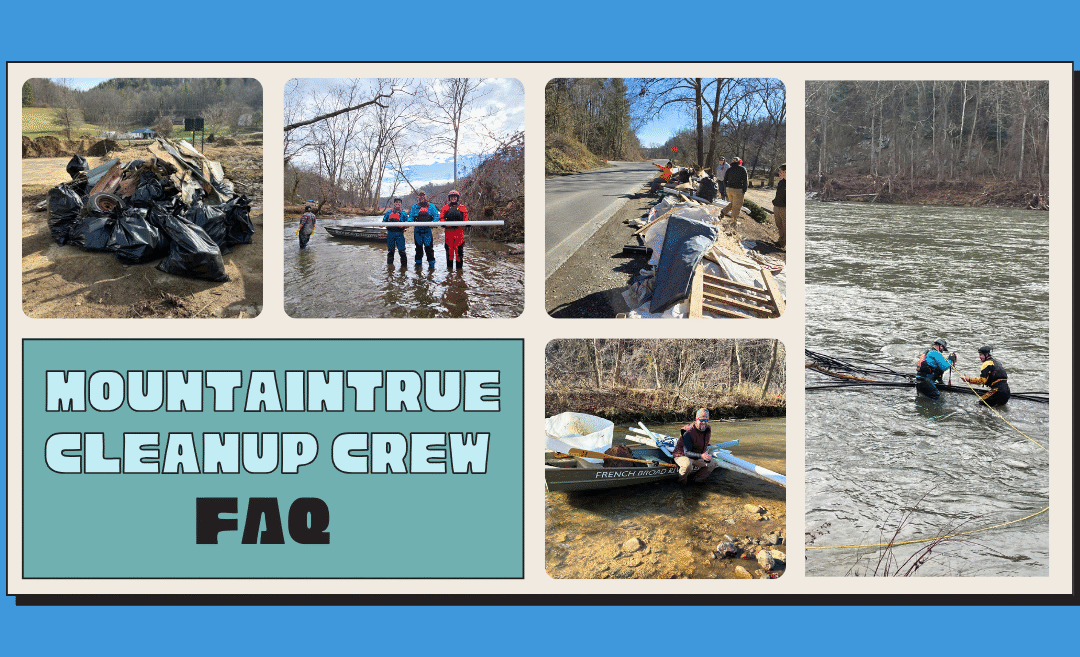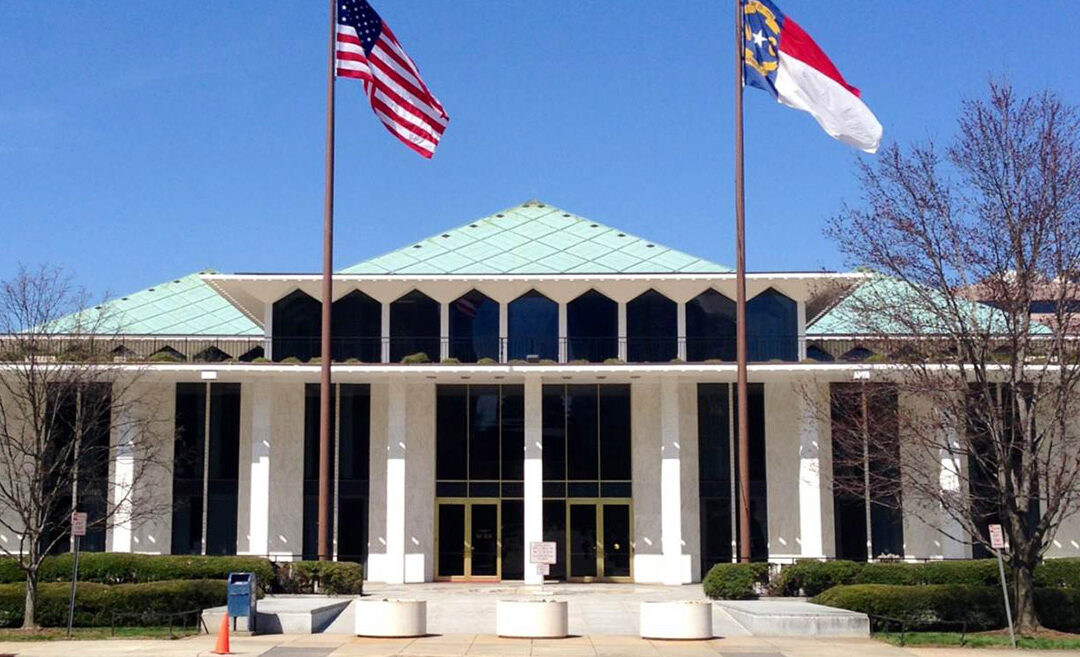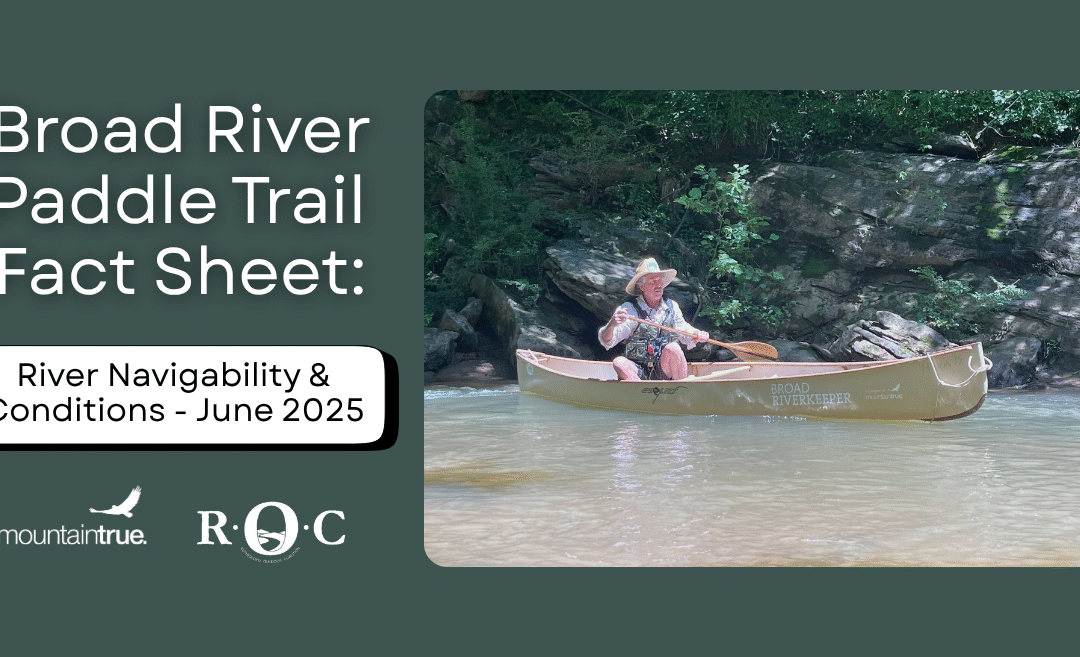
MountainTrue’s Helene Cleanup Crews: FAQ
MountainTrue’s Helene Cleanup Crews: FAQ
MountainTrue’s River Debris Cleanup Program
After Hurricane Helene, MountainTrue is leading a monumental effort to help Western North Carolina recover and return to being a thriving economy — by cleaning up the rivers, putting people back to work, and bringing communities together.
MountainTrue is partnering with the State of North Carolina to launch one of the biggest river cleanups the region has ever seen. This effort is creating good, steady jobs for people who were displaced by the storm and it’s giving thousands of volunteers a chance to make a real difference in their own backyards.
Clean rivers mean healthier communities, safer neighborhoods, a better environment and a stronger outdoor recreation economy – no one is better equipped to lead this work than MountainTrue. We’re the only grassroots environmental group that serves all of WNC and we’ve already proven this model works. In our pilot program, we removed more than 3 million pounds of trash and debris from local rivers and streams.
With your help, we can accelerate this effort and make sure our rivers—and our region—come back stronger than ever.
What is the program?
- MountainTrue is partnering with the NC Department of Environmental Quality to lead a major river debris cleanup effort across Western North Carolina.
- The program is funded by $10 million in state recovery funds allocated after Hurricane Helene.
Why is this needed?
- Hurricane Helene left significant debris in smaller rivers and tributaries—many of which federal programs like FEMA couldn’t fully address.
- Debris increases flood risk, harms water quality, and threatens our recreation and tourism economy.
What will MountainTrue do?
- Over the next 18 months, we’ll deploy paid cleanup crews and volunteers to restore more than 150 miles of rivers and streams.
- We’re also working with landowners to gain access to hard-to-reach areas and offering free cleanups of affected riverfront property.
What impact will this have?
- We’re creating jobs for people displaced by Helene.
- We’re protecting clean water, improving public safety, and supporting the recovery of local economies that rely on river-based recreation.
- So far, we’ve already removed nearly 3 million pounds of debris through our pilot efforts.
How can people get involved?
- Volunteer – we’re hosting river cleanups across WNC. If you’d like to volunteer with us, find an upcoming cleanup on our events calendar – advance registration is preferred and greatly appreciated!
- Join the cleanup crew – click the button below to apply for a position in one of our cleanup crews.
More info:
What happens to the trash & storm debris collected from cleanup sites?
All debris and trash are removed by MountainTrue as quickly as possible. At times, we may make piles of trash over several days. We will remove everything we have collected before moving to a new site. We follow county guidelines when disposing of the trash we’ve collected from waterways. When possible, we make every effort to recycle or repurpose what we pick up. If our crews find important items in the storm debris, we also work to identify and return lost items to their owners.
Other ways to support this program:
Donate to our MountainStrong Recovery & Resilience Fund, sign up to volunteer with us, and support your WNC Riverkeepers! You can follow MountainTrue and our four Riverkeepers on Facebook & Instagram:





